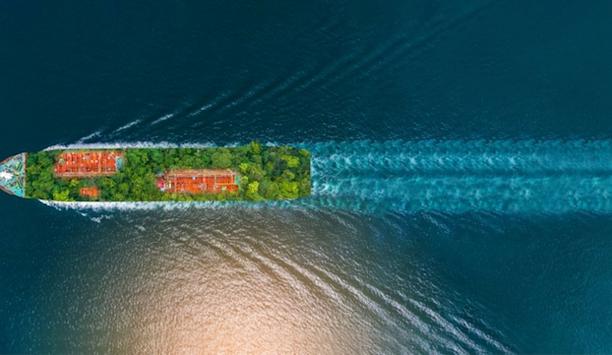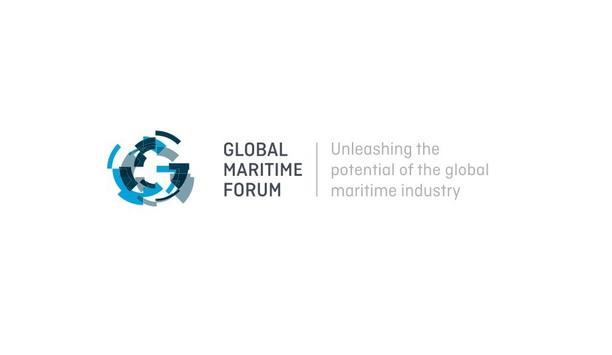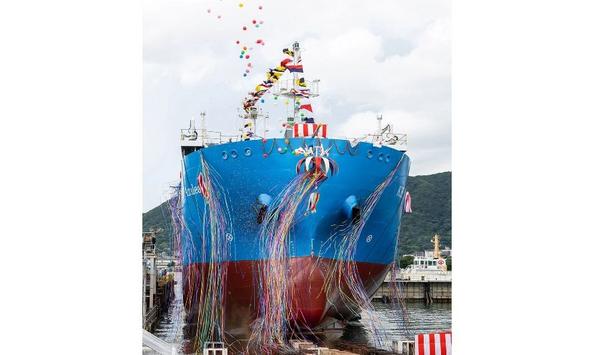The 175 member states of the International Maritime Organization (IMO) have unanimously agreed on an ambition to reach net-zero GHG (greenhouse gas) emissions from international shipping close to 2050.
The previous strategy aimed for a 50% reduction in emissions by 2050. However, the new one is far more ambitious. The IMO is now targeting at least a 20% reduction by 2030 and 70% by 2040, compared to 2008 emission levels. The new strategy also includes striving for even higher reductions than this by 2030 and 2040.
Carbon pricing
The new IMO strategy also introduces emission pricing mechanisms with different approaches
Shipping of cargo and passengers within, into and from the EU/EEA will be subject to carbon pricing through the EU emission trading system (ETS) from 1 January 2024. It is expected to cost the industry some EUR 8-10 billion per year once fully implemented in 2026.
The new IMO strategy also introduces emission pricing mechanisms with different approaches to be assessed.
A fragmented fuel landscape
Clarksons estimate that 44% of the global order book was alternative fuelled in the first half of 2023. Front runners have been using alternative fuels for years and have gained experience and built supply chains.
In the more fragmented fuel landscape, availability could be a risk and it is vital that the global bunkering infrastructure keeps pace with the developments in the industry. Green shipping corridors and the ambitions in the Clydesbank Declaration will be imperative in the transition.
Implications for risks
There will be an alteration of risk. If a vessel grounds, the environmental implications of a possible bunker oil spill pose considerable concerns. Alternative fuels are generally less harmful to the immediate environment but present us with potential safety consequences.
New technology could also alter the risk picture for machinery failures
Ammonia is highly toxic; hydrogen is explosive, and batteries can catch fire. New technology could also alter the risk picture for machinery failures, and the correct operations and handling of new fuels will be vital.
At the same time, it is worth bearing in mind that the transition from sail to coal to heavy fuel oil also caused considerable skepticism and concerns.
Gard is responding
For Gard it is imperative to support their members and clients through the green transition and to ensure that the safety of seafarers is maintained. Experts across the company have been addressing risks associated with the new technologies and handling of alternative fuels, and Gard has established working groups focusing on the fuel transition and follows closely the developments.
Additionally, Gard maps climate-related risks and opportunities, and is adjusting the strategy accordingly. To track decarbonisation developments, Gard co-founded the Poseidon Principles for Marine Insurance and monitors emissions from parts of their insurance portfolio.










